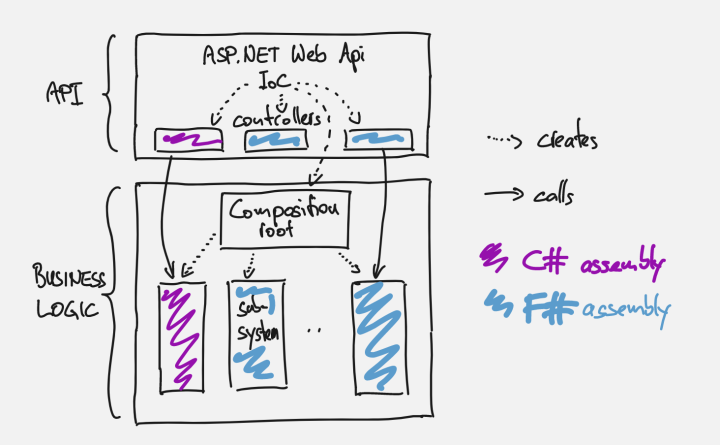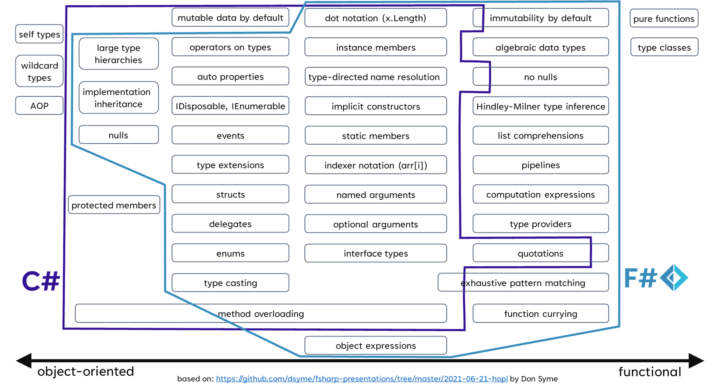
After one of my presentations about F#, we had a discussion about the effect of type inference, resulting in almost no type annotations, on code readability and reviewability. The concern was that it makes the code harder to understand, especially when reviewing code, for example, outside of an IDE (GitHub/Azure DevOps/… Pull Requests).
So is there a problem or not? Let’s see.






